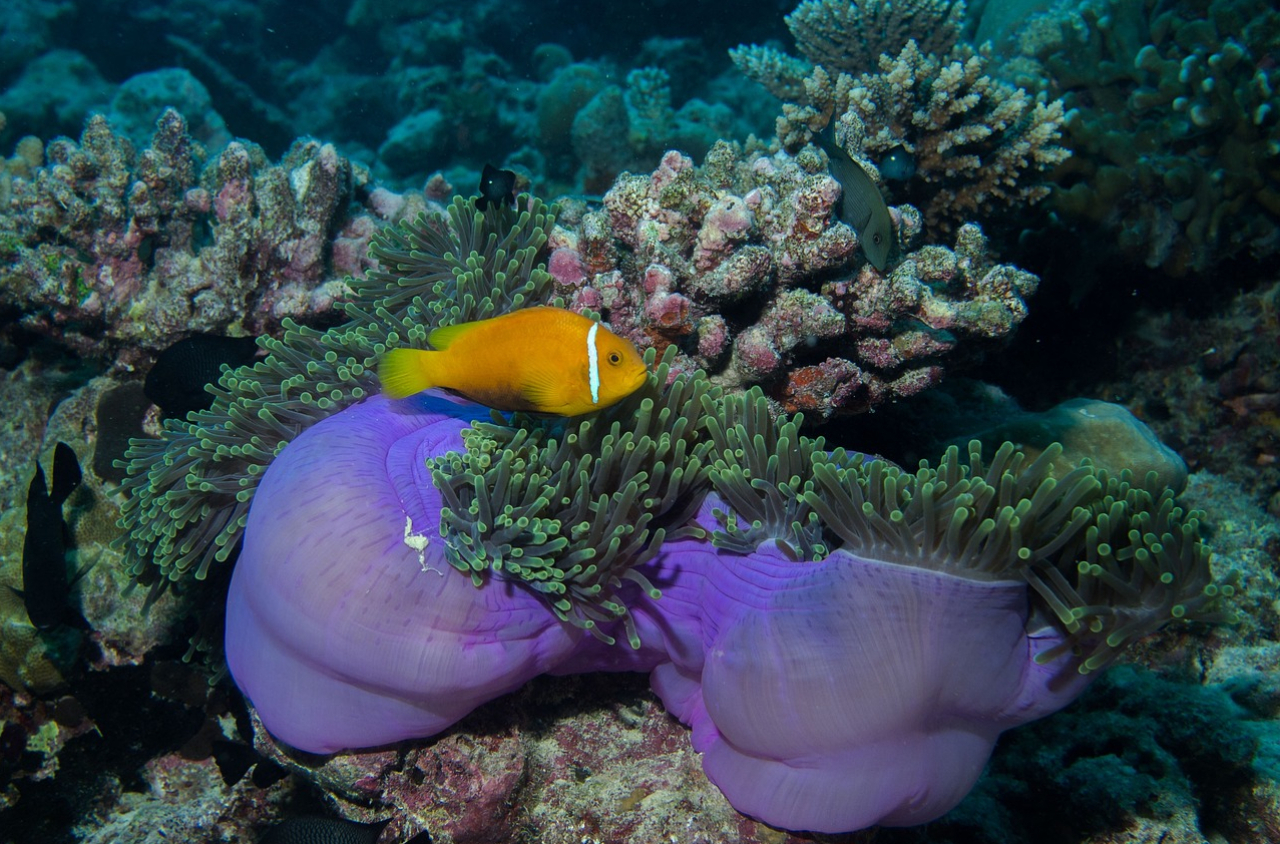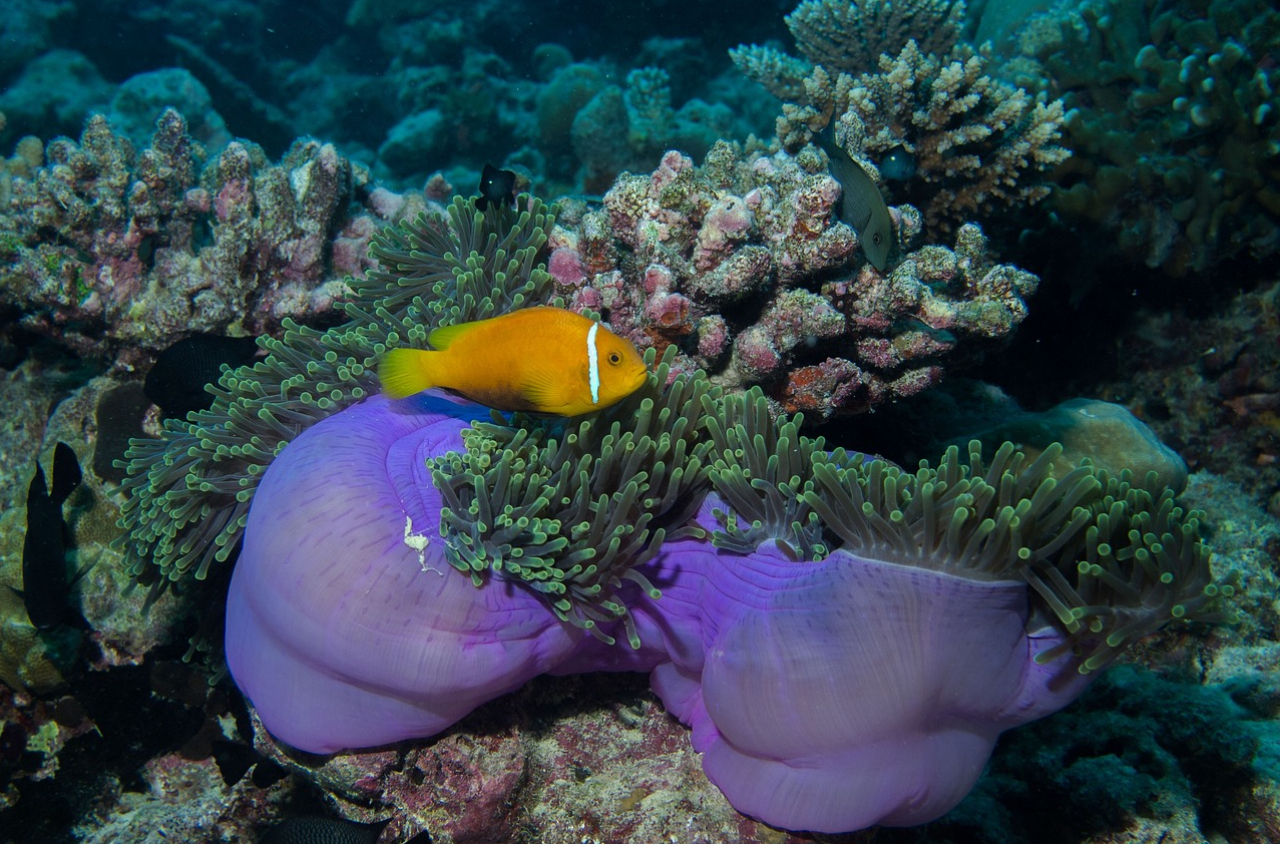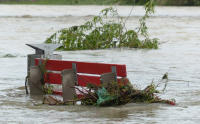What will you learn?
1. What are the causes of the fourth global mass coral bleaching event?
2. What are the potential effects of mass coral bleaching on marine ecosystems and economies?
3. Who conducted the research on the impact of global warming on the Great Barrier Reef?
4. What are the hopes for coral survival in deeper water layers?
5. What actions can help protect corals from the effects of global warming?
Impact of Climate Change on Marine Ecosystems
Corals, which look picturesque in photographs, are actually in serious danger. Scientists from around the world, including the USA, Australia, Kenya, and Brazil, are concerned as they observe how elevated water temperatures destructively impact these sensitive ecosystems. Dr. Neal Cantin from the Australian Institute of Marine Science observed extreme levels of coral bleaching throughout the Great Barrier Reef Marine Park during his research in February this year. These studies indicate the possibility of mass coral die-off in the near future.
Hopes for Survival in Deeper Waters
Despite grim forecasts, certain studies provide a glimmer of hope. It has been found that corals located at greater depths, between 30 and 50 meters below the ocean surface, can survive longer than those in shallower waters. Jennifer McWhorter from NOAA, who co-led the research with the University of Exeter, states that deeper layers of the ocean may provide refuge for corals even if the water temperature rises by 3°C compared to the pre-industrial era. However, all scientists emphasize that we must prepare for permanent changes in coral reefs and that individual restoration projects cannot protect global coral populations. Only a rapid and global reduction in greenhouse gas emissions, which limit ocean warming, can ensure the survival of at least some coral reefs.




















